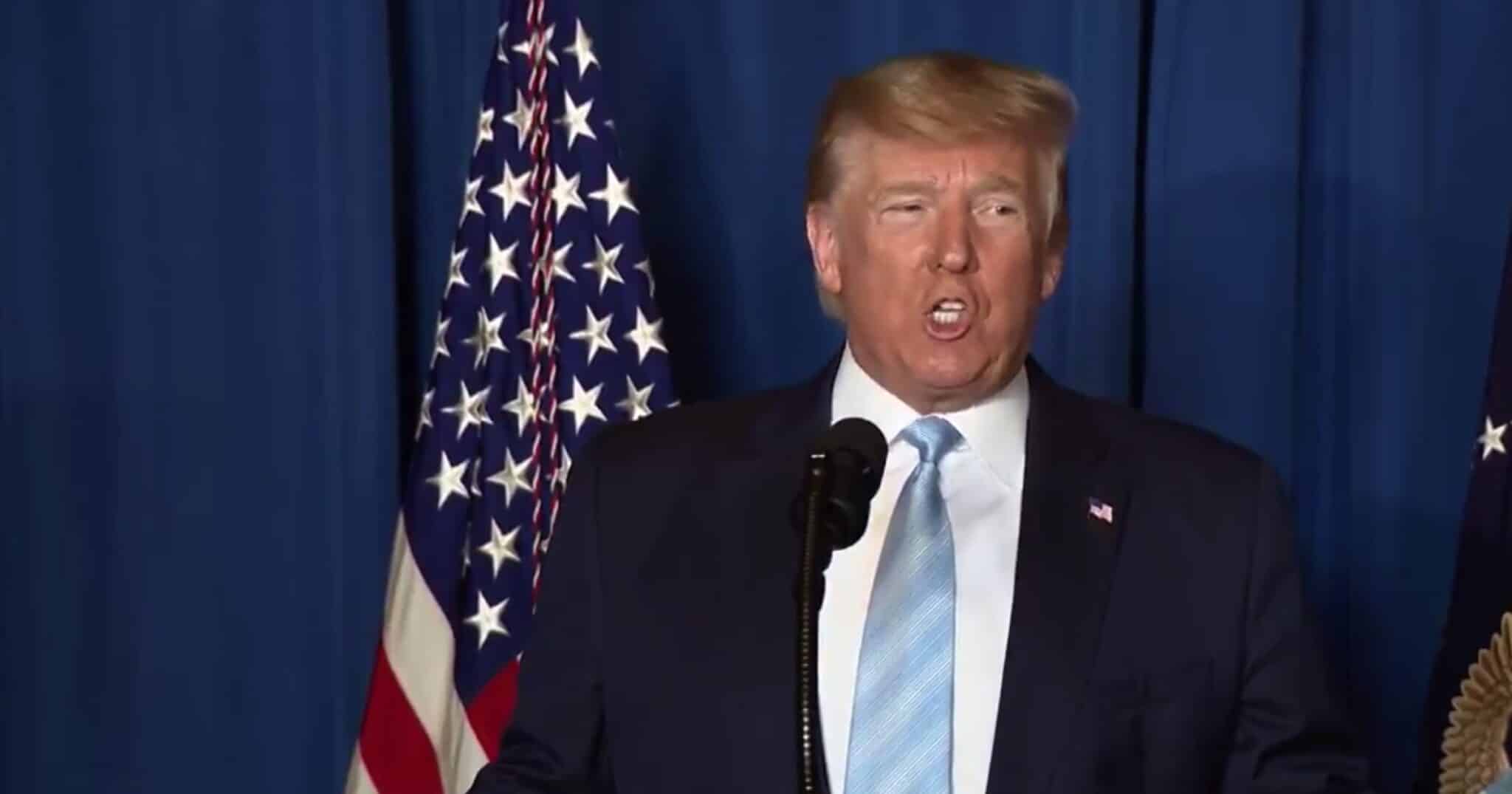








President Joe Biden intends to issue an executive order in his final weeks in office to prohibit new offshore oil and gas development in select coastal areas of the United States.
Offshore Magazine reported that this decision aims to reinforce the ban on offshore drilling while potentially stymying the efforts of President-elect Donald Trump to enhance domestic energy output.
The proposed order, rooted in the authority of the Outer Continental Shelf Lands Act, will restrict new leases for oil and gas extraction across significant portions of the continental shelf.
This act, which has been in place for 72 years, empowers the President with the discretion to safeguard areas permanently from oil and gas leasing. Biden’s intent to exercise this authority comes after enduring lobbying from multiple fronts.
It also comes just weeks before President-elect Trump is set to take office and the order appears to be directly intended to sabotage Trump's energy policy.
The initiative to block offshore development responds to the sustained advocacy of congressional Democrats and environmental organizations.
These groups have repeatedly called upon Biden to deliver lasting safeguards against drilling activities, emphasizing the protection of environmentally sensitive oceanic regions.
The order, however, doesn't reach far enough to affect current leases in offshore sectors but will halt the issuance of new ones. The Biden administration has been contemplating this course of action for the last two years, with rising urgency since the election of Trump, poised to take office.
Discussion surrounding the comprehensive impact of Biden’s protections remains speculative. Although unnamed sources mention sites adjacent to California and the eastern Gulf of Mexico, precise details of the areas to benefit from these protections remain unclear.
The White House and the Department of the Interior have yet to issue statements about the forthcoming policy change.
The silence leaves room for uncertainty over whether Trump's administration will maneuver to reverse these pending protections. Legal precedents add to the complexity of any such reversal since no president has successfully nullified permanent marine safeguards through legal channels.
Biden joins a lineage of past presidents who have wielded this legislation to enact marine protections. Any attempt by Trump to overturn these initiatives faces significant hurdles, given that no court has to date sanctioned a holistic repeal of such protective measures.
In a historical context, the Biden administration had previously scaled back new offshore development projects, with a decision to conduct merely three offshore auctions over the next five years. Industry supporters assert that the move to introduce additional constraints could prove counterproductive.
They argue that despite strides made toward renewable sources, there remains a persistent global dependence on fossil fuels.
Advocates highlight that the United States operates under stringent environmental standards, potentially offering cleaner oil production compared to international counterparts.
Burnishing his environmental legacy, Biden’s anticipated decree reflects a drive to solidify and codify protective measures against offshore drilling before departing office.
By invoking established legal instruments, it not only seeks to buttress coastal environments but also sets the stage for a legal contest with the incoming administration.
The forthcoming order fills Biden’s environmental docket, bearing significant legal and political weight. His anticipated decree will likely serve not only as a capstone to his environmental policy platform but also as a potential catalyst for future legal interpretations.


